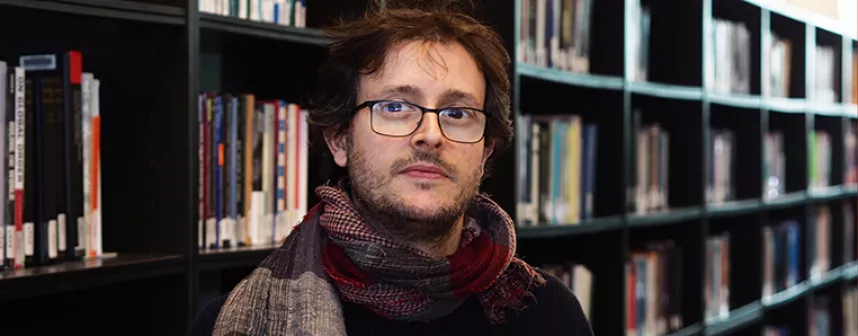New Knowledge through international Data Exchange: A Cloud for Marine, Atmospheric and Planetary Researchers
January 16, 2020
Research generates a large volume of heterogeneous data. Resources for accessing and processing them are often limited, though. A project funded by the European Commission wants to change this. On a joint cloud, marine, atmospheric and planetary researchers will share their findings and thus generate new knowledge and new innovative services. Jacobs University headed by Prof. Dr. Angelo Pio Rossi contributes to the international project with its expertise in planetary science research.
With the European Open Science Cloud (EOSC), the European Commission promotes the exchange and analysis of data by European scientists according to the principles of "Open Science". The project for underwater, atmospheric and planetary research is embedded in this initiative.
Each of these disciplines has a large number of research groups that use a wide variety of technologies. NEANIAS ("Novel EOSC Services for Emerging Atmosphere, Underwater & Space Challenges" – https://www.neanias.eu), as the project is called, aims to unify some of them and make the findings accessible to all. This will not only enable new research approaches, but also innovative services such as the wider exploitation of Earth observation data.
"We will make the data and tools from all our research projects available in NEANIAS," says Dr. Angelo Rossi, Professor of Earth and Planetary Science at Jacobs University Bremen. This applies, for example, to the planet server (http://planetserver.eu), which he helped to develop to a large extent, and which collects and displays information about surfaces on the Moon and Mars, or for Planmap (https://planmap.eu), a project for the geological mapping of the Moon, Mars and Mercury. At the same time, NEANIAS provides computer capacities and algorithms for scientists.
NEANIAS involves 19 universities, research and public institutions from Greece, Italy, Hungary, Luxembourg, Spain, France, Great Britain, Portugal and Germany. The project is funded by the European Commission to the tune of 5.6 million euros, of which nearly 280,000 euros will go to Jacobs University.
NEANIAS on Facebook: https://www.facebook.com/neanias.eu/
